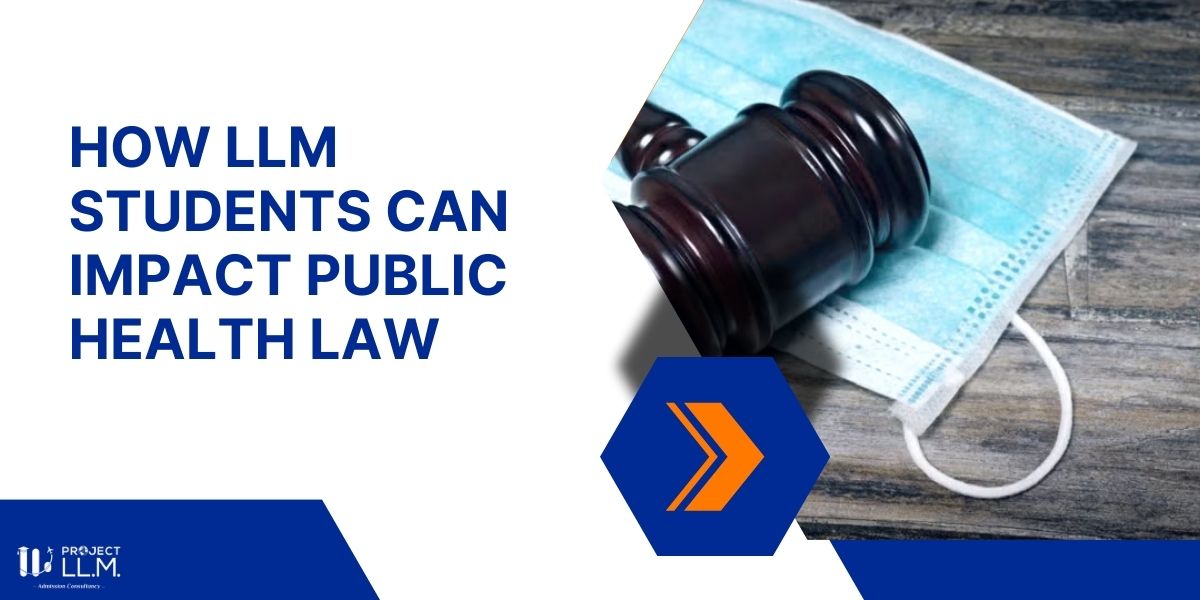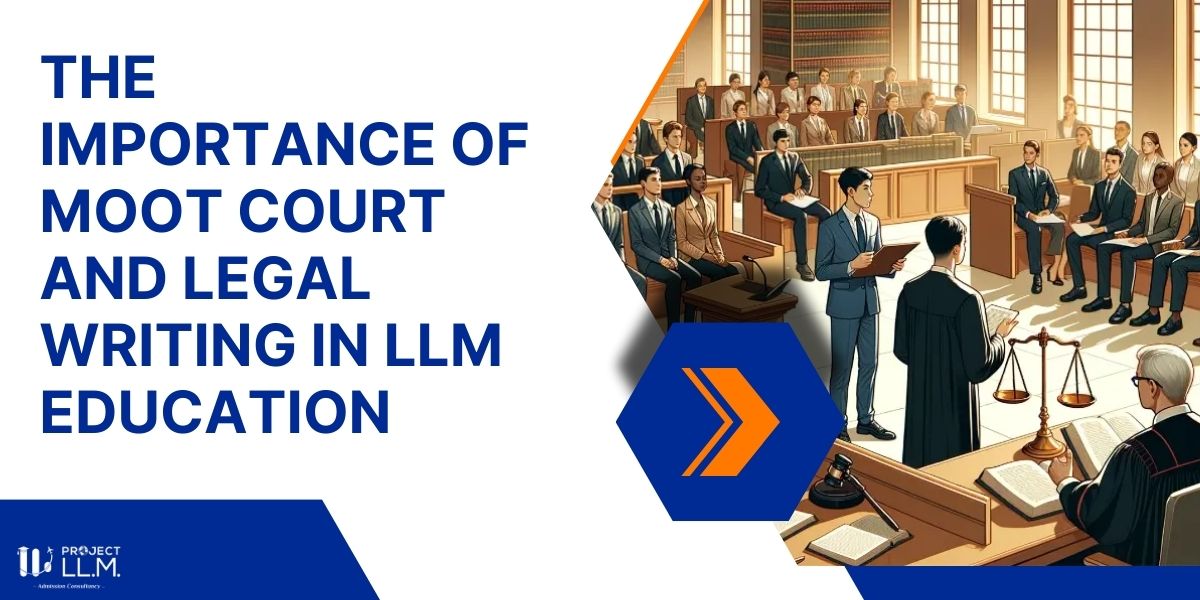Class registration for the spring is in full swing, and with it, the question whether LL.M. students should take classes in areas tested on the bar exam. To be eligible to sit for the New York Bar exam, an LL.M. student must take six credits in courses tested on the bar exam.
Many students wonder whether it makes sense to take additional classes in areas tested on the bar exam with the hope that such classes will prepare them for the exam.
The LL.M. degree, if it meets certain conditions, makes an LL.M. student eligible to sit for the bar exam. It does not, however, prepare a student for the exam. That is the function of a bar preparation course, taken upon completion of the LL.M. Being eligible to sit for the exam and being prepared to sit for it are two different things.
But does it not help to at least have heard the subject area once before? Maybe, but it is not guaranteed. I took corporations during my LL.M., and when I studied for the bar exam, it felt like I was learning about the subject for the first time.
If classes in bar topics are not guaranteed to give an LL.M. student a leg up in the exam, on what basis should a student select courses?
My first suggestion is to choose courses based on interest once all mandatory courses are covered. You are much more likely to study and do well when you are studying a topic of interest. The LLM is an opportunity to focus on a particular area. But it is also an opportunity to explore and venture into new areas.
My second suggestion, and in my opinion the best way to prepare for the bar exam, is to focus your efforts on three things:
1. Understanding the common law system and the U.S. way of thinking about the law. Gaining this understanding will take time. The Introduction to U.S. law class at the beginning of your LLM is just the start and not the end of your effort to understand the foundations of the U.S. legal system.
During bar preparation, you will not be able to learn every rule, and you will encounter problems in the exam that you have not studied. If you understand how to approach legal issues and with which principles to solve them, you will be able to provide a satisfying legal analysis.
2. Working on your writing skills. The bar exam includes essay writing, and being able to put words on paper in a meaningful and somewhat sophisticated manner under time pressure takes lots of practice. The faster and the more precise you can bring your thoughts to paper, the more likely you will do well on the essay part of the exam.
Since English is not the native language for many of us, we will work slower under time pressure, and we will make more mistakes than a native speaker. Rather than resigning ourselves to this fact, we should use this as a motivation to minimize our disadvantage. Time is an essential element of language study, and the sooner you devote your attention to your writing, the better.
3. Enhance your reading and comprehension skills. You will have to answer two hundred multiple-choice questions in six hours. The faster you can decipher the issue, the quicker you can answer, and the more likely you are to get through all of the questions. The only way to improve this skill is by reading, reading, reading and reading.
You should also take every opportunity to think and speak in English. The only time I spoke German during my LL.M. was a 10-minute conversation with my mother every day. I spent the remainder of the day talking, listening, and writing in English. I am convinced that this helped my bar preparation and ultimately passing the exam on the first attempt.
****
It is certainly not a mistake to choose a class with an area tested on the bar exam. But it is a mistake to choose it for that reason alone, believing that this will give you an advantage. It might; it might not.
What will help you though is using the LL.M. to gain a systematic and structural understanding of U.S. law “culture.” Backed by solid English skills, the bar prep will go smoothly. Lay the foundation first, then build the house.



